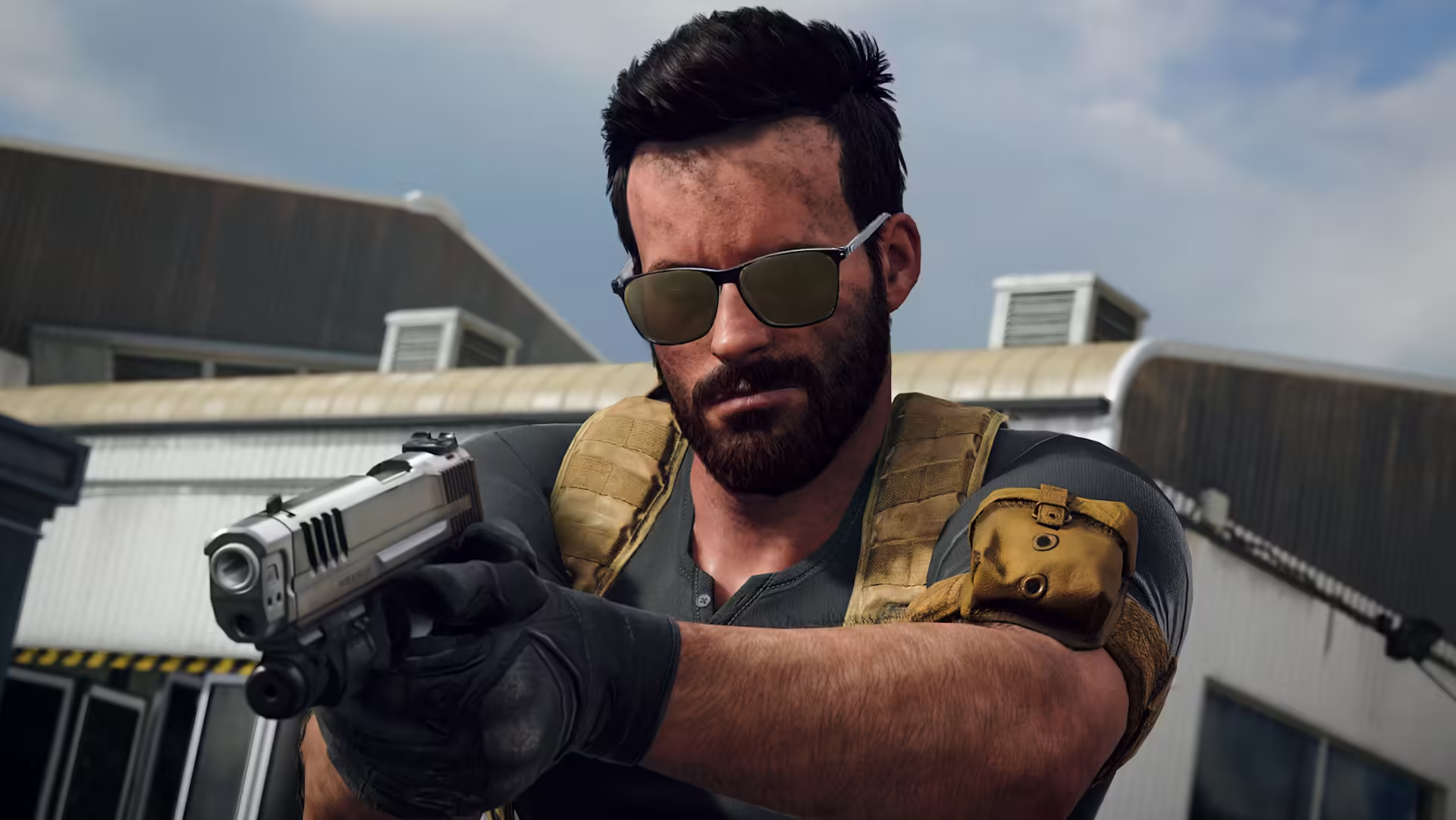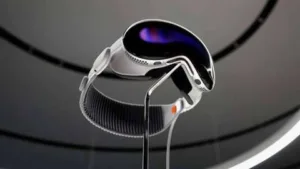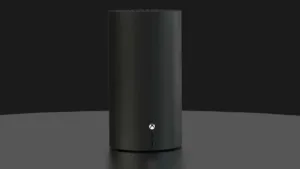The Killer Review
Estimated reading time: 6 minutes
Hollywood studios have long circled a remake of The Killer, John Woo’s 1989 action classic pitting a principled hitman against a disillusioned detective. And after 30 year of fits and starts – with directors including Walter Hill and John J. Lee attached, and stars like Richard Gere and Denzel Washington in mind – it turns out the only filmmaker who could get the job done was Woo himself. This ought to be a good sign, but the Hong Kong director’s cinematic decline has been noticeable of late. His recent Hollywood return, Silent Night, couldn’t sustain its dialogue-free action gimmick, and was swallowed whole by its concept. His second take on The Killer suffers similarly, as a film with no panache or soul that’s hard to swallow on its own, and impossible to stomach as an empty retread of a work so iconic and exciting.
The new version of The Killer follows the tête-à-tête between loner assassin Zee (Nathalie Emmanuel in the Chow Yun-fat role) at odds with rule-bending Paris policeman Sey (Omar Sy, inheriting his part in the dynamic from Danny Lee). It has broad strokes in common with the original, like their respective killers accidentally blinding a club singer while on a mission – Sally Yeh’s Jennie in the first film; Diana Silvers’ Jenn here – but this is where their similarities end. Woo’s original script plagued Chow’s hit man character with a dueling guilt and love for Jennie, while Lee’s cop became fascinated with the former’s complex morality, but the remake (penned by Brian Helgeland, Josh Campbell, and Matt Stuecken) swerves without planning an alternate route. Zee takes pity on Jenn, claiming to see her younger self in the blinded artist, but she spends far more screentime with her Irish handler, Finn (Sam Worthington) – even though they, like everyone else in the movie, behave as if they have no real history with one another. In the process, Zee’s dilemmas are never really felt, despite Emmanuel’s best efforts. She asks “do they deserve this death?” whenever she’s handed an assignment, but her lofty words are seldom accompanied by the necessary dramatic heft when she decides to pull the trigger.
Numerous gender-bent versions of The Killer were proposed during the remake’s development: Michelle Yeoh’s name was once floated, and Lupita Nyong’o was even cast when Woo first came aboard. Game of Thrones and Fast & Furious veteran Emmanuel may not have the same acclaim as those aforementioned stars, but she more than holds her own as Zee, a stylish assassin who harbors a distinct sense of loneliness behind her weary eyes. Unfortunately, there’s only so much she can do to imbue the character with anything beyond the script’s vague notion of isolation, which only seems to manifest through a diet of takeout. Sy, meanwhile, brings the charm of his Lupin performance to Sey, a fiery French detective who isn’t afraid to step outside the law if needed – though his superiors have rules about who he is and isn’t allowed to touch. The premise features royal entanglements and corrupt side characters, though few of them have anything resembling a meaningful relationship with either Sey or Zee.
The latent homoeroticism between Chow and Lee is obviously no longer on the table in the remake, but Emmanuel and Sy aren’t afforded the chance to create a fun or meaningful dynamic either. There’s no sexual tension between Zee and Sy, or even professional and platonic respect, and any sense that either one of them recognizes the other’s moral code (or that either of them even has one) comes down to the characters claiming this in words, rather than displaying it through actions. Granted, some of the movie’s exposition moves smoothly, at least, thanks to its use of split-screen for flashbacks to heists and other criminal activities, but little in The Killer’s present day has the same sense of energy or momentum.
This Killer is a film with no panache or soul.
Even without drawing comparisons to its revered predecessor, this is a straight-to-streaming action dud. Its strange Parisian piss filter creates an ugly hue bordering on rotten, which makes even its most stylized moments feel off-kilter. It seems as though The Killer might come alive when Zee embarks on an early mission at a crowded, neon-lit dance lounge, but this promise in the vein of more modern Hollywood action remains unfulfilled: This claustrophobic vision from the underworld of John Wick gives way to a private, spacious room where the action plays out neatly and at a distance. Emmanuel is given a whole lot of slick choreography, but any impact Zee might’ve made is subsumed by awkward dead air. The scenes aren’t cut tightly or quickly enough to feel visceral, let alone thrilling.
Wait, didn’t Netflix put out The Killer last year?
Yes, but that Killer was David Fincher’s adaptation of a French comic book also, confusingly, called The Killer. Reviewer Lex Briscuso gave that one a 7/10, calling it “a calculated and exciting return to form” for the director of The Social Network and Se7en.
Woo has proven more than capable of working within (and even transforming) Hollywood’s sandbox. For all their faults, Face/Off and Mission: Impossible 2 are hyper-stylized films whose slow-motion bullets and bloodshed moved the needle for what was possible in American action. Now, his work in Hollywood feels like a pale imitation of directors-for-hire who grew up watching not Woo, but his poorest imitators. Nothing lands, physically or emotionally. Even his signature church setting (with its requisite doves) is robbed of thematic meaning. In films like the original Killer, these appear as symbols of remorse, at a time when the eponymous assassin is wracked with guilt. In the remake, Woo’s “directed by” credit simply appears over familiar imagery – as though it were a callback cameo in a Marvel film – without the same weight or spiritual implications. There’s nothing beneath the surface of Woo’s remake of The Killer, and that surface isn’t fun or interesting to look at in the first place.








